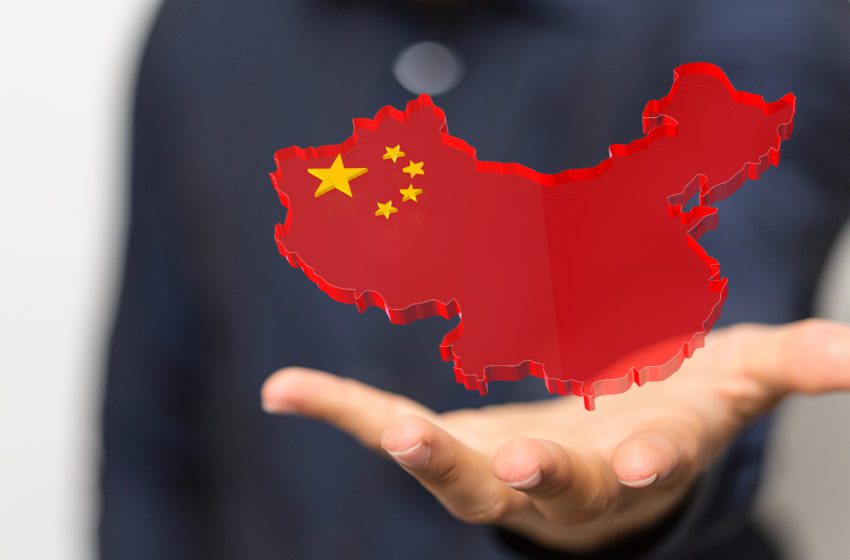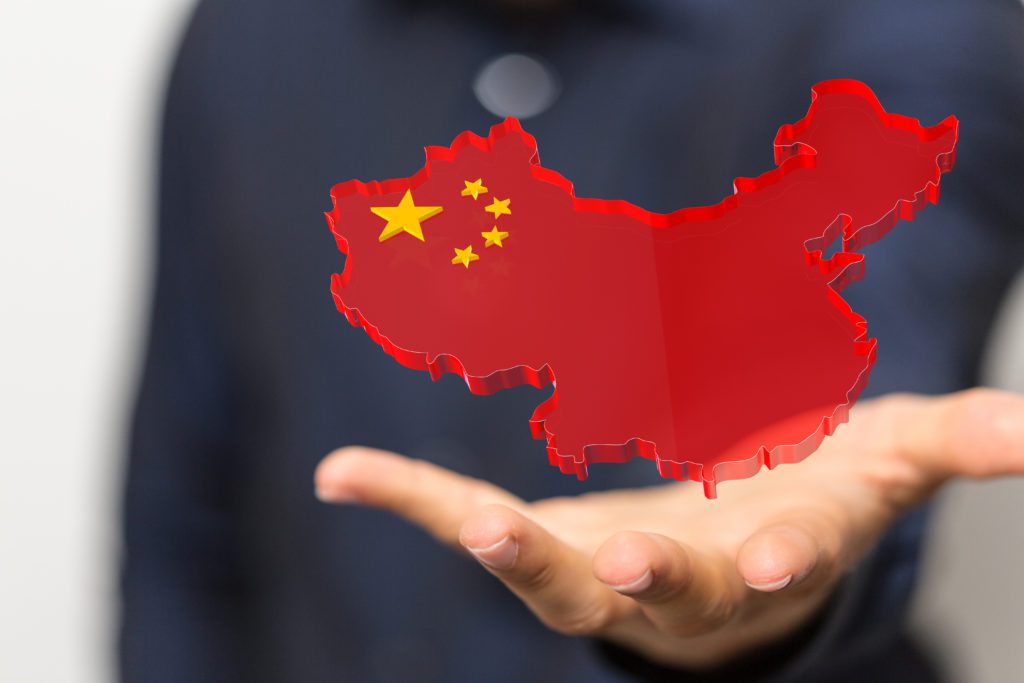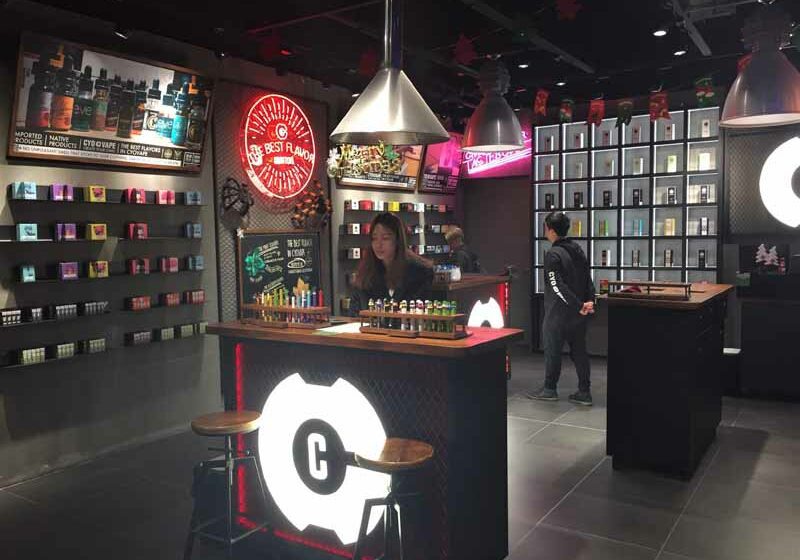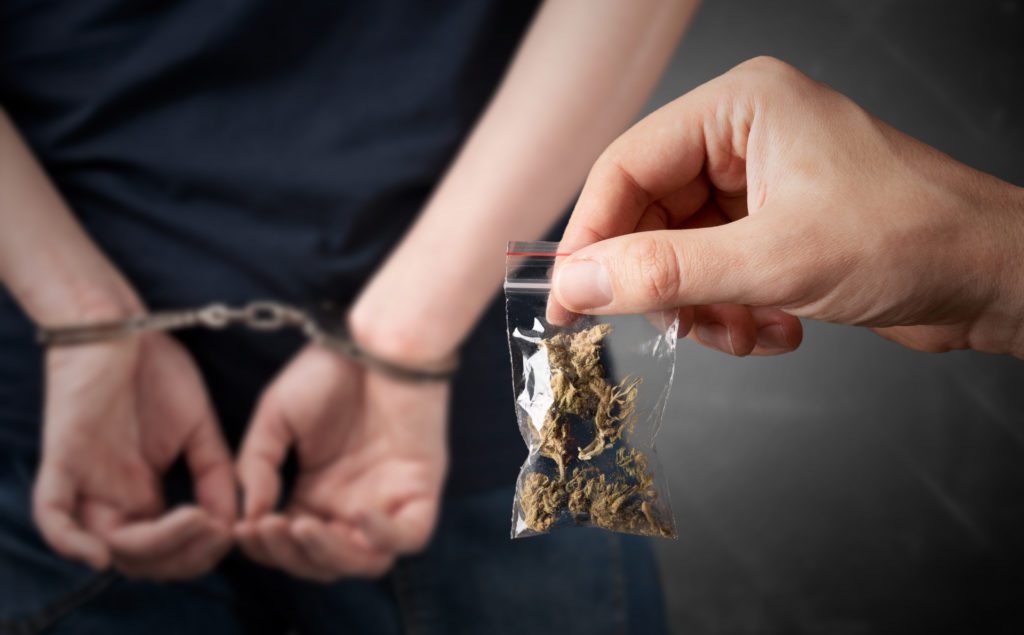
Hong Kong announced that it will ban all products containing cannabidiol (CBD) beginning on Feb. 1. CBD will be added to the Dangerous Drugs Ordinance (DDO) and will join over 200 substances already listed in the ordinance (including fentanyl, ketamine, heroin, and many psychoactive compounds, eg lysergamides).
CBD will be added with the already covered “cannabinol and its tetrahydro derivatives (THC); and their 3-alkyl homologues.” Following this change, anyone who possesses or consumes CBD faces up to seven years in jail and fines of up to HK$1 million ($128,000). Manufacturers of CBD may also face life imprisonment, according to Lexology.
While many users around the world have been promoting the anxiolytic and pain-relieving properties of CBD, Hong Kong’s Security Bureau has taken the view that such claims “lack authoritative scientific proof”. This directive appears to be in line with the ban imposed in China last year for the use of CBD in cosmetic products.
From the Government reports it remains unclear as to whether other cannabinoids (e.g., CBG, CBDV, CBC, etc.) will be included in the ban. However, from the Narcotics Division memorandum in November, the main concern of the Government appears to be with CBD products that may contain some THC, either “through decomposition or conversion”, and the lack of international regulations for such products.
“It does appear that with better international regulation and scientific data it is conceivable that the policy around CBD may change again in the future,” the authors write. “Therefore, given that there are no restrictions in Hong Kong for pursuing patent protection for CBD and related technologies, it remains prudent to maintain patents and pending applications in Hong Kong for CBD-related innovations should the position in Hong Kong change, as we have seen in other countries in the region, such as South Korea, Malaysia and Thailand.”

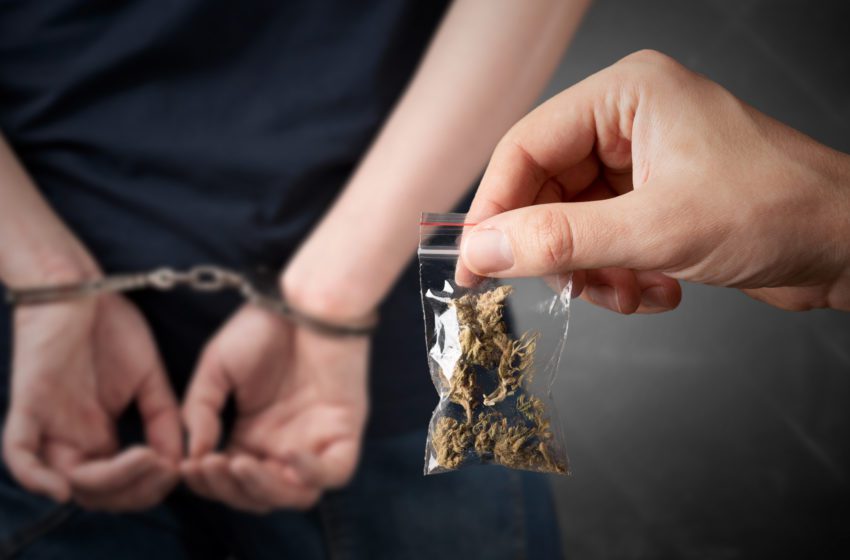
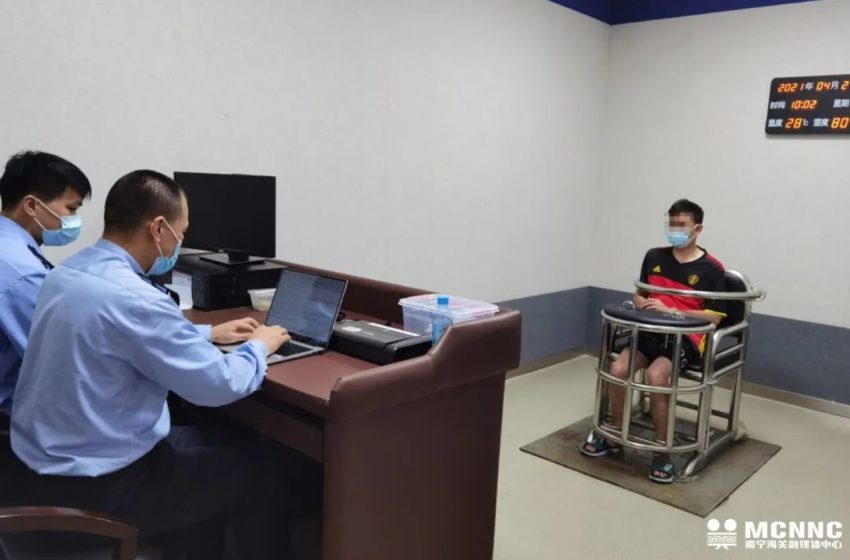
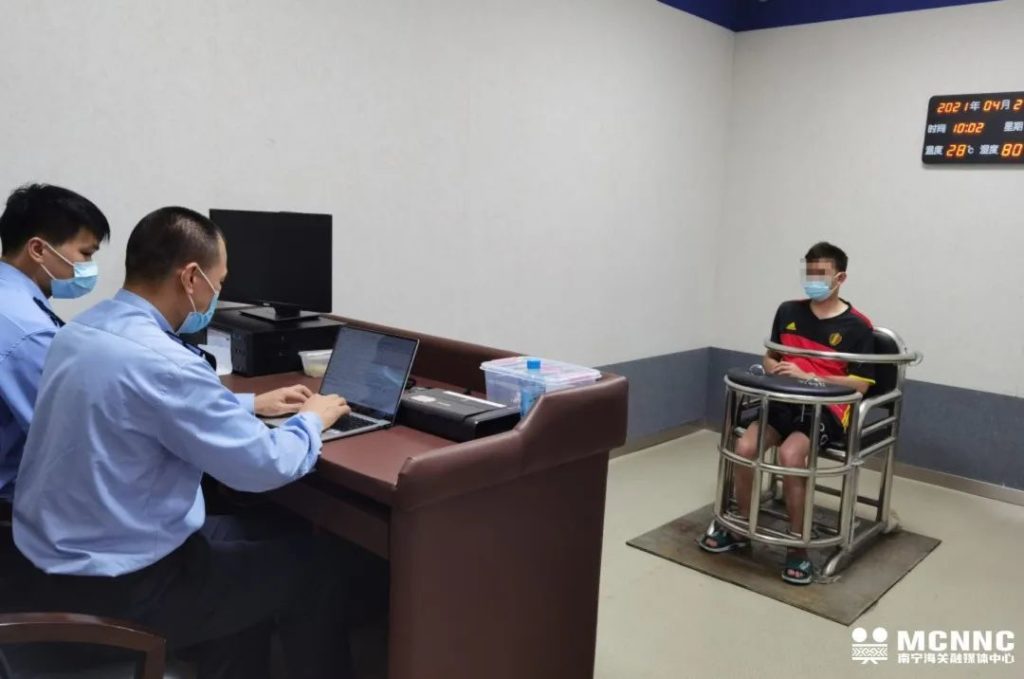
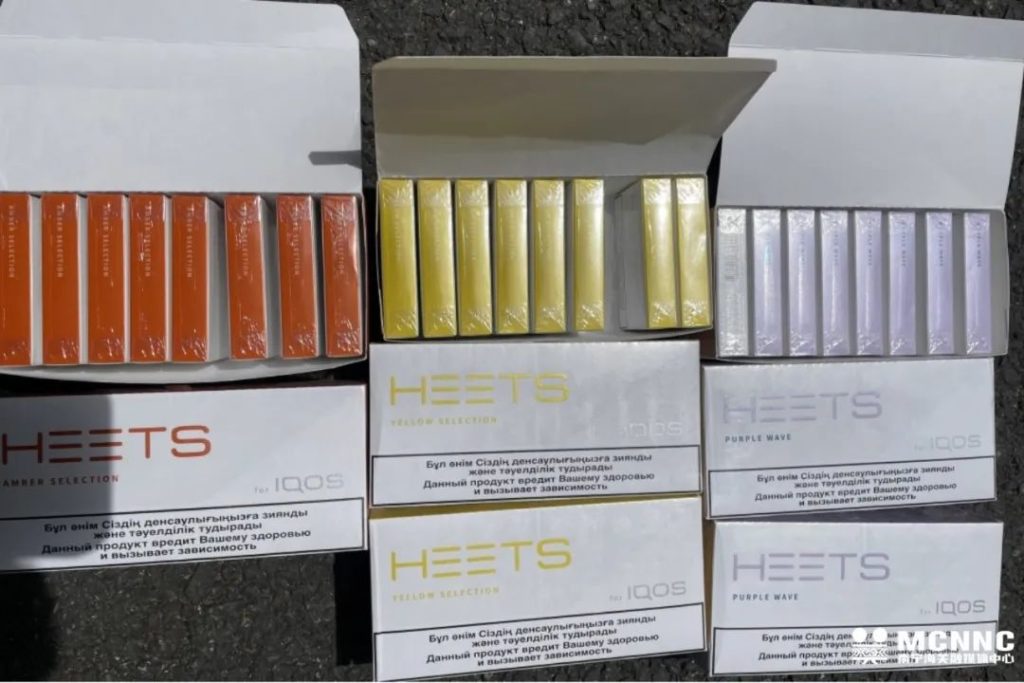


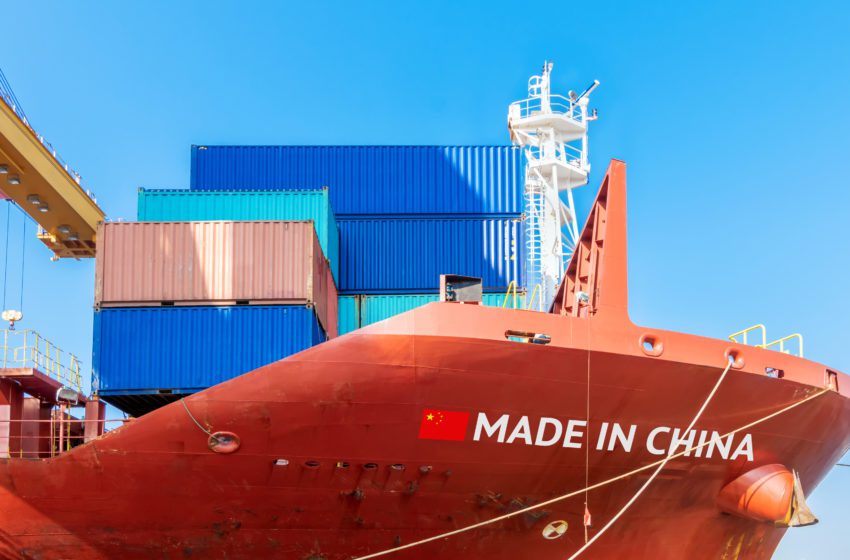

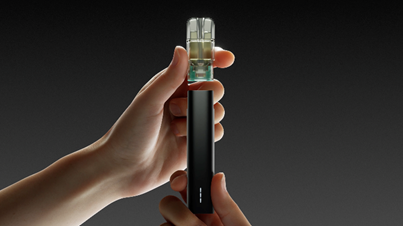
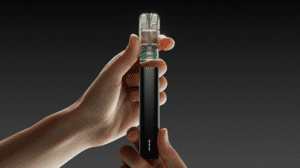 Snowplus has obtained a
Snowplus has obtained a 




